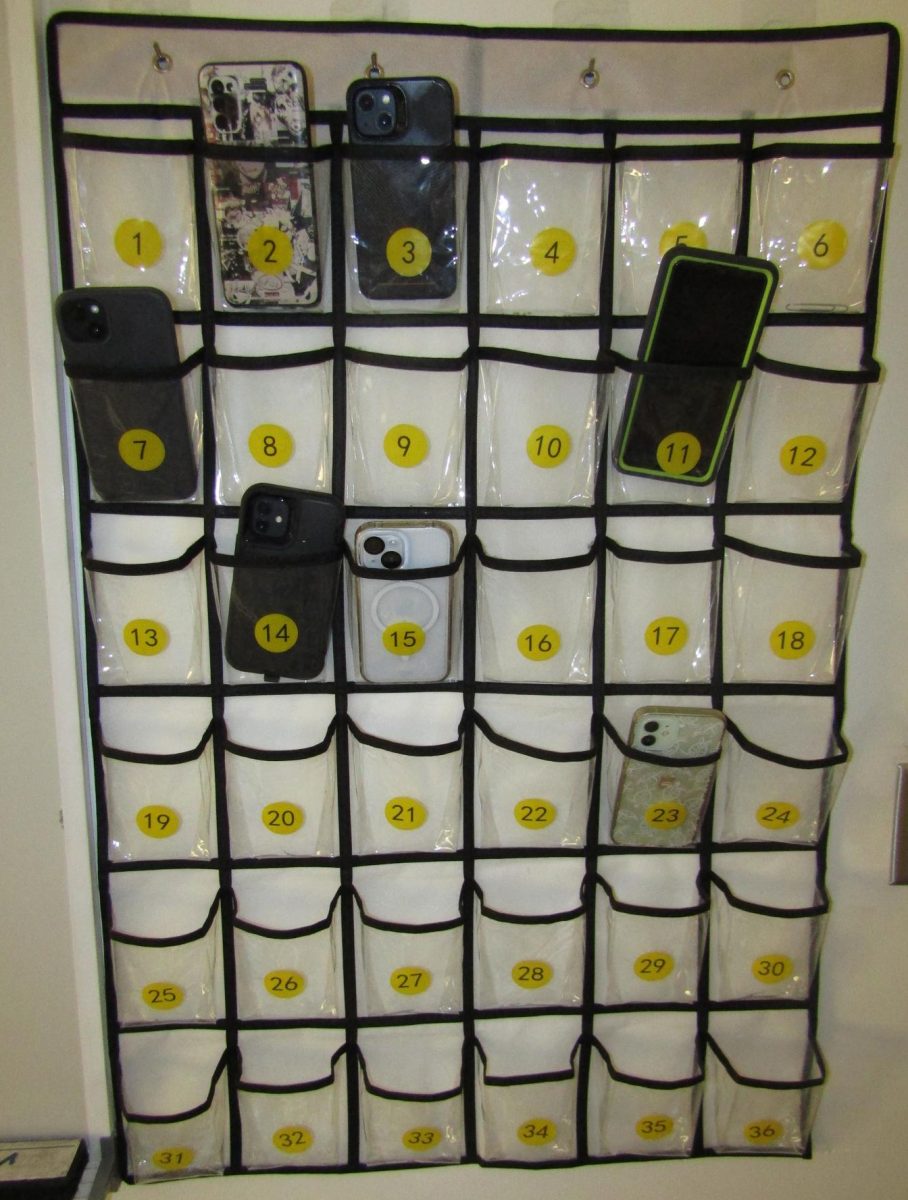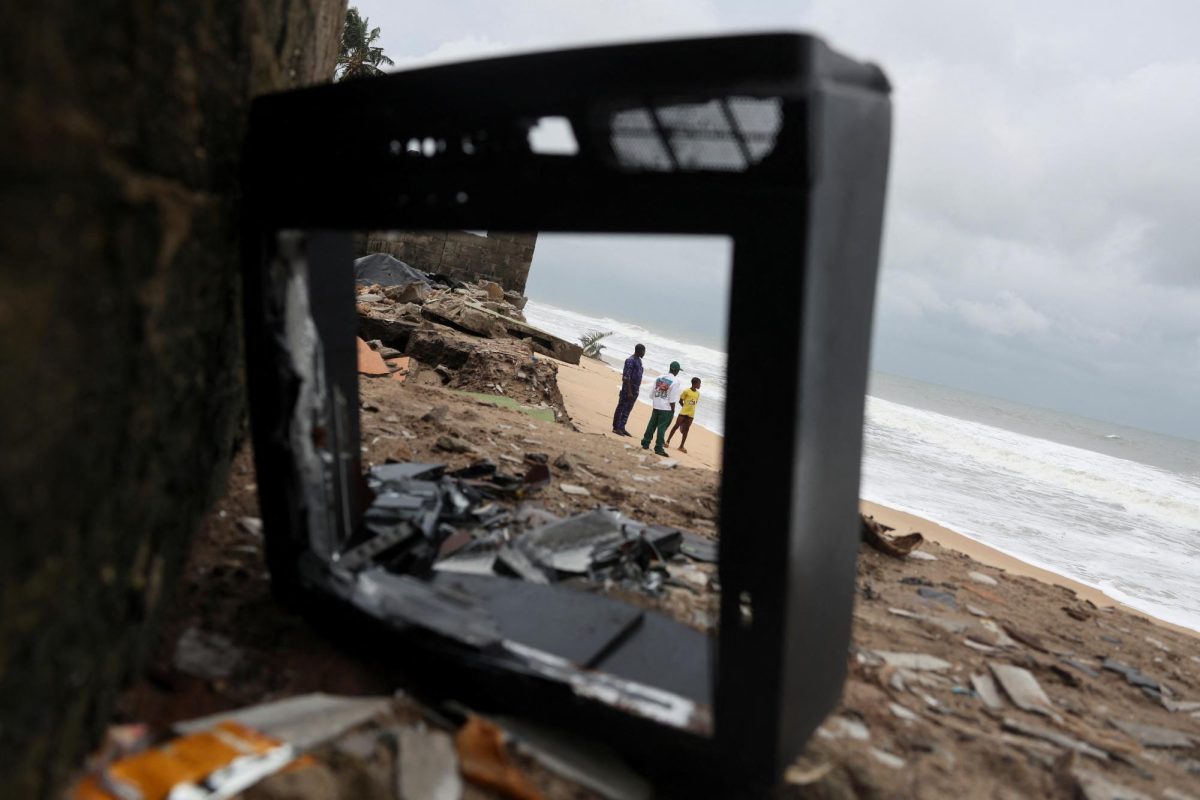Dear America: Space Exploration is Unnecessary
Invest time on Earth, not elsewhere.
June 15, 2022
Since the 1950s, humans have journeyed into outer space. The first true outer space exploration was October 4th, 1957. This was when the U.S.S.R launched Sputnik, the first satellite to orbit Earth.
The launching of Sputnik was truly monumental and amazed a lot of people. The purpose of this satellite was to learn how objects acted in Earth’s orbit, provide information on the atmosphere, test radio and other methods of communication in space, and check how satellites work in space.
The mission was an overall success, and so the “space age” began. This first mission inspired many others to do similar things. One of these things was sending humans to the moon.
With all of this exploration and experimentation, the question must be asked, is any of it truly necessary or beneficial? My answer to this question is no, but many disagree.
The first major point is that space exploration is extremely expensive. The Apollo program was designed for the moon landing. From Planetary, “The United States spent $25.8 billion on Project Apollo between 1960 and 1973, or approximately $257 billion when adjusted for inflation to 2020 dollars.” Our country could have been spending money on many other things to better our life on Earth rather than send people to the moon to gather information that has no direct benefits to us.
The argument that gathering information on what is in outer space is that it can help us develop new technologies or discover important materials etc. While the extraction of these things could help us, it is very unlikely. The use of mostly taxpayer money could be better directed towards a known benefit rather than going towards things that may not even exist.
Things that this money could be spent on in the United States could include Social Security, Medicare, Veteran’s benefits, and other actions that are required by law for the government to spend money on. The money would be going to a cause that would be able to help Americans who are in need.
Our earth is not yet fully explored. From the Schmidt Ocean Institute, “Only about 5% of the world’s seafloor has been mapped in some detail. Since the ocean occupies roughly 70% of the Earth’s surface, this leaves approximately 65% of the Earth (excluding dry land) unexplored.” If we’ve yet to explore earth, why venture out almost aimlessly into the unknown.
The number of things that could be discovered more easily in the ocean or in the earth are nearly endless. Things like new forms of energy and more sources of fossil fuels are some of the things we may be able to find. These discoveries would directly benefit us as well.
NASA is the National Aeronautics and Space Administration. They are a government agency and funded by an annual budget that is approved by Congress. Overall, NASA is a hazardous program. They have lost millions of dollars worth of equipment and lives (19 casualties).
Space travel is responsible for large amounts of pollution. Inverse says that, “The SpaceX Falcon 9 and NASA Space Shuttle both produce around 400 tons of carbon dioxide per launch.” Keep in mind that this amount of pollution comes from only one rocket, never mind the hundreds of other launches. With the world’s recent focus on reducing emissions, why has the space industry gone nearly unscathed?
Health concerns are also a concern for space travel. The human body system does not function properly after long periods of reduced or no gravity. Most possibly “inhabitable” planets are smaller than Earth, and because of this humans could be in danger there. From Stone Clinic, “Normally our body’s fluids are pulled down by gravity and our systems adjust. In low gravity, the fluids redistribute. Faces, eyes, and brains all swell, overloading the cardiovascular system. Cardiac atrophy, with weakening heart muscle activity, will eventually disable all humans in space.”
Many mention the advancement of technology may allow humans to live on a different planet. While this could be true, we would most likely not be able to do so. One reason is that the conception of a fetus would be impossible due to the lack of gravity and radiation concerns.
If we continue to explore space, the best way would be to send small craft out there. This would put people in less way of danger, create less pollution, and allow us to focus more funds on Earth. Sending smaller equipment to space would allow us to locate exact points of interest and maybe go there instead of just going to space.




































